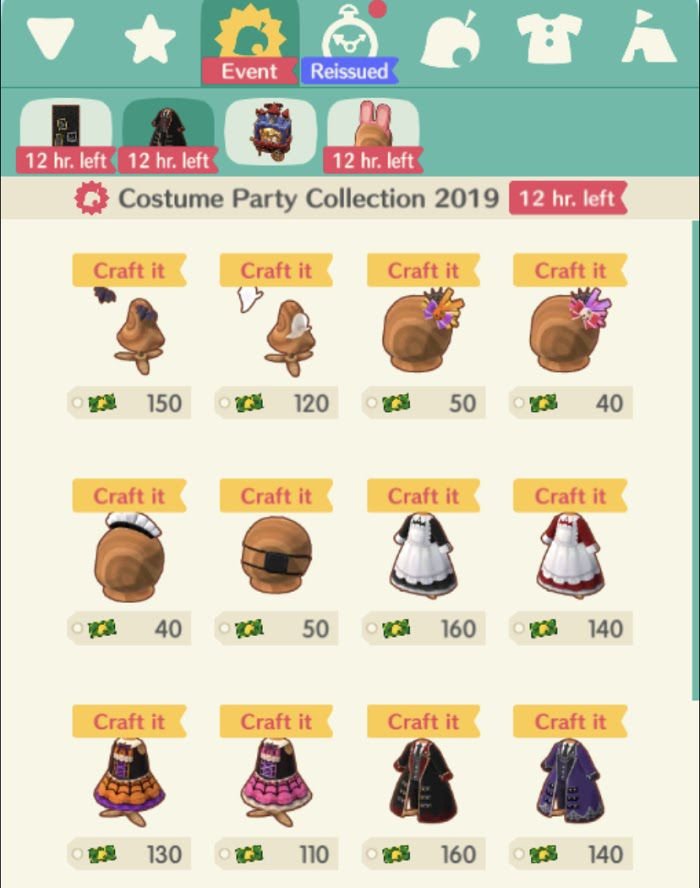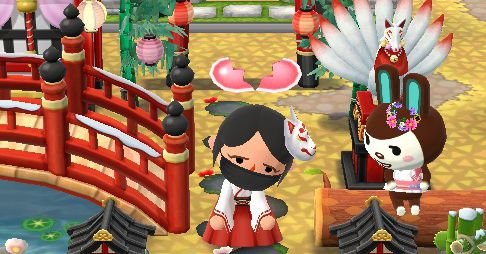When Animal Crossing: Pocket Camp came out two years ago, Animal Crossing fans were excited.
It was finally a way to enjoy Animal Crossing in a bite-sized form, and, despite the fact it followed the usual mobile game model of needing to wait hours to play bits at a time, I was content. I loved mobile games and I loved Animal Crossing. It seemed like the perfect fit.
The gameplay in Pocket Camp was never really amazing. You completed mundane tasks, like catching fish or collecting fruit, and then turned those items in to villagers for bells and crafting materials.
While the “work” of the game itself was always boring, the reward was getting to decorate your campsite, complete with your favorite villagers. This aspect of the game was rewarding and endearing. Seeing my favorite Animal Crossing characters interact with the furniture and items on my campsite was satisfying, and that’s the reason I kept coming back in those first few months.

But special fortune cookies were then added to the game, and you could buy them with Leaf Tickets, which were Pocket Camp’s premium currency. Just like in the regular Animal Crossing games, fortune cookies gave you random special furniture, with Pocket Camp’s fortune cookies being more pointedly themed and styled after various villagers.
Julian had a constellation fortune cookie with astrology-inspired furniture. Marshall had a bakery-themed fortune cookie that gave away cafe tables, a kitchen set, and miscellaneous treats.
These were the only things worth spending premium currency on, at least for a while, and that was fine. Not great, but fine. But things didn’t stop there.

The game started asking for Leaf Tickets for things that used to be purchased with bells. Almost a year after the game’s launch, new clothing was replaced by “event clothing,” which required Leaf Tickets. Even new villagers stopped being released as free content; new characters were soon locked behind “maps” that required me to use rare items to roll a dice, causing a character to take steps on a game board until they reached the goal. Even getting the maps required the use of resources, gating the characters that used to be free behind multiple layers of payment.
Over time, in-game events also started to demand more player attention. If you only opened the game once a day, you were unable to get the rare furniture items. You had to be a dedicated player, making sure to open the game and complete whatever task was necessary every three hours or so. This meant I had to open the game and make sure I was growing more flowers or catching more fish on a set routine, or else I wouldn’t be able to complete the event.
Of course, I could always spend Leaf Tickets to catch up, if I let myself slide. Nothing about this was fun, or interesting. The game just kept demanding more, or else I wouldn’t be able to get to the part of the game I was there to enjoy.
More and more updates have released over time — and they’re not all bad. But alongside solid quality-of-life updates came changes that required even more time and money to be shoved into the game. One update changed the system to unlock villager maps, which was irritating, but at least useful as a way to get rid of duplicate furniture. Of course, you could expedite this process by spending Leaf Tickets.

It’s not even the grind that bothers me. I’m used to the mobile game formula. I’ve sat and played the same song for hours on end to get a .png of an anime girl in my idol rhythm games, I understand how the mobile economies work.
But the changes in Animal Crossing: Pocket Camp mean I now have to grind, or pay directly, to have any fun in a setting that normally focuses on relaxing and taking things at your own pace. Why I allow Nintendo to continue to walk all over me, weaponizing this IP that I love, is beyond me, but I’m now worried every time I hear about Nintendo bring a property to mobile devices. The spirit that made me love Animal Crossing was there, in diluted form, in Pocket Camp when the game launched, and now it feels like they keep pushing to see what I’ll tolerate before I quit completely. And that feels gross.
When I play an Animal Crossing title, I’m looking to slip away from reality and chill with some animal friends. Pocket Camp has stopped being relaxing and has become something to just replace the Animal Crossing-shaped hole in my heart until New Horizons releases. I haven’t quit playing the game completely, and I guess, to Nintendo, that means that they’re doing something right. I disagree.
Animal Crossing: Pocket Camp was reviewed using an iOS download from the Apple App Store after the game’s launch. You can find additional information about Polygon’s ethics policy here.















































